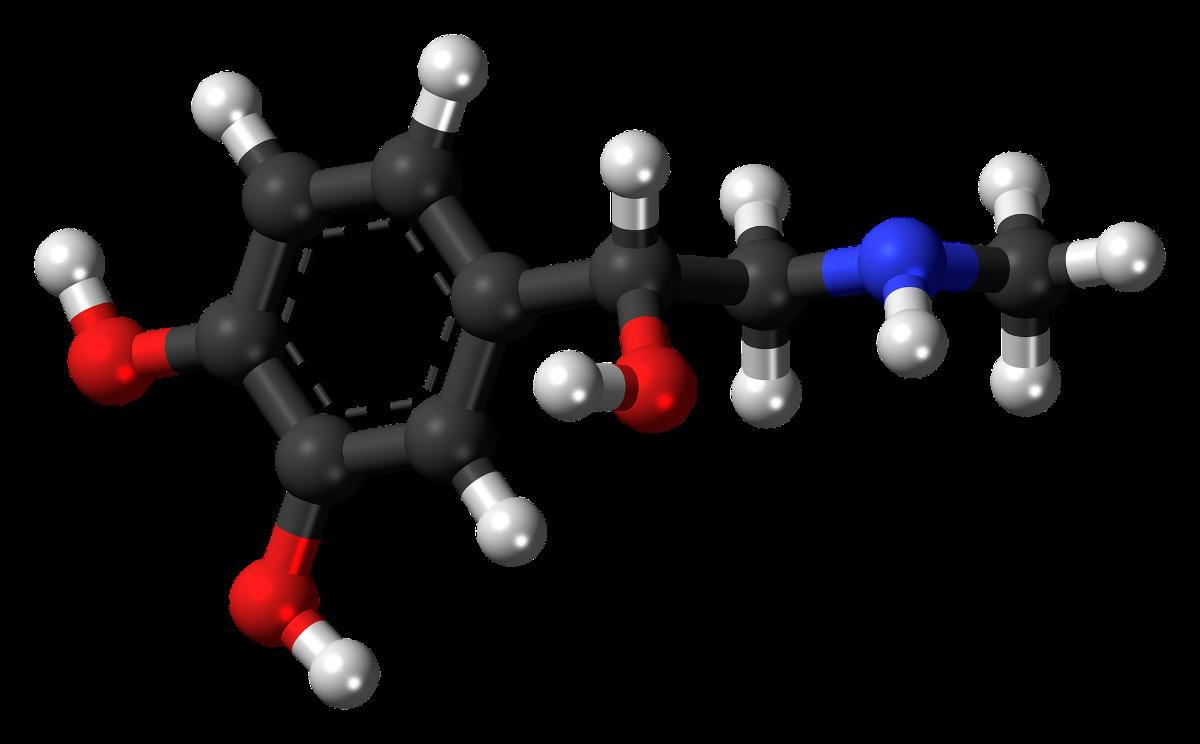
- posted: Sep. 25, 2022
7-Steps to Hormone Health
Dr. Jon Repole
Your hormones play a critical role in maintaining your health. They hold the power to trap us in a life of ill-health or catapult us towards optimal well-being. The endocrine system controls various aspects of our day-to-day living including:
- Vitality
- Mental and physical energy
- Brain health
- Libido (sex drive)
- Restorative sleep
- Inflammation and pain
- Helping to ground our mood fluctuations and reactive patterns (worry, fear, anxiety, and depression)
- Skin integrity and overall glow
- Bone density
- Muscle mass preservation
- Motivation
- Pleasure
In the article we will lay out a simple 7-step step guide to help you optimize their health and the effects and promises they can deliver.
Step 1
The number one predictor of longevity (years here on planet Earth) is our ability to hold onto muscle mass as we grow older. One of the greatest contributing factors is how often you engage in strength or anaerobic activities. Begin by creating a weekly strength conditioning program that targets each major muscle group at least one time a week.
Step 2
As life often exists in paradoxes, we must balance strength training and all our busy “being” activities with proper rest and recovery. Develop a healthy morning and evening routine that nourishes and respects nature’s circadian rhythms (e.g., light and dark) by taking a digital sunset. This could include a simple practice of unplugging from electronics and the use of ambient lighting a few hours before bed.
Step 3
Eat a nutrient dense plant-based diet! The higher we eat up on the food chain, the greater the toxic burden. All organisms exist at various levels on the great food web of life. The first and lowest level contains the producers, green plants. The higher levels include the animals with the largest biomass or size. Toxin accumulation and magnification mirror the position an organism holds within the food chain. At the top, bioaccumulation and biomagnification of environmental toxins (pesticides, herbicides, GMOs, hormone disruptors) and bio-toxins (yeast, bacteria) are the greatest. Conversely, at the bottom, they are the lowest. For example, plankton have less mercury than salmon, salmon less mercury than tuna, and tuna less than swordfish. A high toxic burden (found with meat and processed-centric diets) along with decreased nutrient density correlates with all-cause mortality and poor hormonal health.
Step 4
Order the correct hormonal panels:
- Thyroid: TSH, T3, T4, reverse T3, thyroglobulin Ab, thyroid peroxidase Ab
- Female sex panel: FSH, LH, free and total testosterone, Estradiol, Estrone, Progesterone, DHT, SHBG
- Male sex panel: free and total testosterone, estradiol, DHT, PSA, SBHG
- Stress hormones: DHEA and AM cortisol
- Other: fasting insulin, IGF-1
Step 5
Treat hormonal dysfunctions from a functional vs. conventional perspective. Start with balancing the orchestra-like effect rather than a single isolated marker. Adaptogenic herbs are usually the best first choice because they are both safe and effective. Adpatogenic herbs act by “adapting” to the environment helping your body to normalize hormone production. For example, if you have low testosterone, they will help to raise it. If you have high testosterone, they will help to lower it.
Step 6
Control you stress! When the body is stressed, sex hormone production is compromised. Pick any stress reduction technique the resonates with you. The most important criteria: the best practice is the one that you ACTUALLY DO! Options include breath work, meditation, nature bathing, gratitude practices, and journaling.
Step 7
Address your GUT! If you have chronic gut-related concerns, consider the gold standard in testing - the CDSA (Comprehensive Digestive Stool Analysis) and treat accordingly.
In the meantime, you can follow this simple strategy:
- Repair the gut with nutrients such as glutamine, slippery elm bark, fulvic acid, and marshmallow root
- Take digestive enzymes with each meal
- Reinoculate with pre/post/pro biotics
- Practice mindful eating techniques
- Consider food combining principles
- Practice Intermittent Fasting
Locations
Jacksonville Location
9957 Moorings Drive, Suite 403
Jacksonville, FL 32257, US
HOURS OF OPERATION
9:00 am - 6:00 pm
9:00 am - 6:00 pm
9:00 am - 6:00 pm
9:00 am - 6:00 pm
9:00 am - 6:00 pm
Closed
Closed

